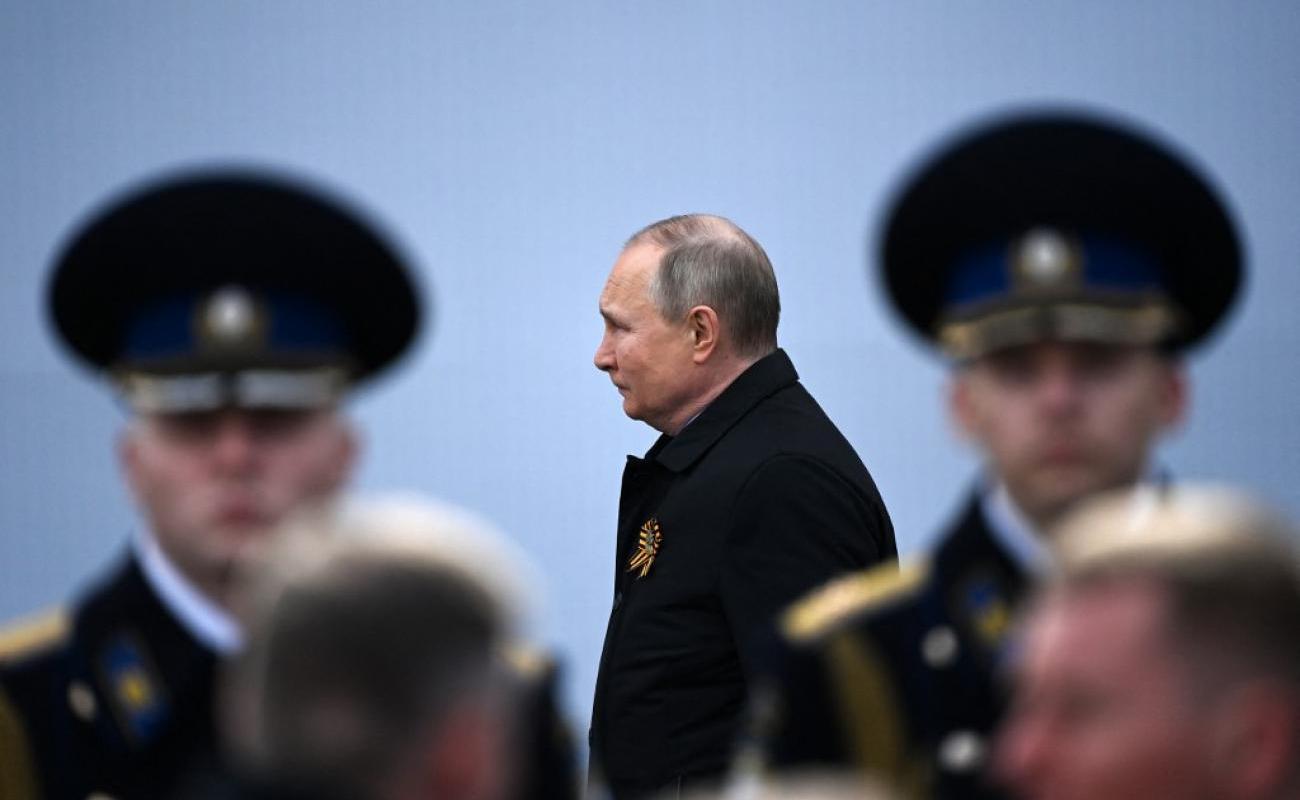The results of 150 days of war for Putin

Putin has launched his "special operation", fearing the expansion of NATO, and will meet it near his native St. Petersburg.
1. Belarus: despite enormous pressure from Russia, Alexander Lukashenko, the closest friend and ally of Russian President Vladimir Putin, did not bring his troops into Ukraine.
2. CSTO countries: the closest allies clearly showed Putin that they are not ready to get involved in the war because of him. Belarus, Armenia, Kazakhstan, Kyrgyzstan and Tajikistan have not yet decided to conduct peacekeeping operations outside their countries. Including the territory of the so-called "DPR" and "LPR".
3. Special mention should be made of the deterioration of relations with Kazakhstan. Despite the support this country received from Russia during the January protests, Putin did not receive confirmation of the expected loyalty of the Kazakh President Kasim Dzhomart Tokayev. At the economic forum of the PMEF in St. Petersburg, he refused to publicly recognize "LDNR".
In response, the Russian Federation unexpectedly restricted the export of Kazakh oil, blocking transit through the Caspian Pipeline Consortium. But, after Tokaev asked for help from the US, the ban was lifted immediately. Now Tokayev ordered the Government to prepare favorable conditions for the relocation of foreign companies that have stopped working in Russia to Kazakhstan.
4. On June 18, Lithuania blocked the transit of goods to the Kaliningrad region, via its territory by rail, and thus limited about 30 percent of deliveries to this Russian exclave. The situation was brought out of the acute phase of the conflict only after the intervention of the European Union.
5. The closest neighbors — neutral Finland and Sweden — accelerated NATO integration after the war began. Putin began his special operation, fearing the Alliance's eastward expansion through Ukraine. Instead, NATO will admit into its membership countries that are in critical proximity to the border with Russia and his native St. Petersburg.
6. In search of allies, Putin decided on an extraordinary measure: he personally flew to Iran for negotiations with President Ibrahim Raisi. In fact, this visit became a gesture of desperation. Putin came to Tehran not to ask, but to beg: military-technical assistance (drones), mechanisms to circumvent the technological embargo (electronics, microchips, technologies for the military industry). But in return he got only promises.
7. Turkey has taken a tricky position in relation to Russia: on the one hand, the authorities of this country are helping to sell stolen Ukrainian grain, and on the other hand, they are providing Ukraine with the latest weapons.
Backed into a corner in Tehran, the Russian dictator had to endure public humiliation from Turkish President Recep Tayyip Erdogan, who made him wait for a meeting.
8. India and China, seeking their own benefit, chose a consumerist policy for relations with Russia. They are happy to buy cheaper oil, but they will not sell their electronics. When it comes to violating Western sanctions, the authorities and the private sector of these countries are very careful.
In fact, one of Putin's main "achievements" during the 150 days of war was that the world saw a weak Russia. They stopped being afraid of her, and the bunker and his gang became the object of ridicule and humiliation of the world's leading politicians.
Thus, at the G7 summit, Western leaders, recalling the photo of Putin on a horse with a bare torso, ironically said that it was necessary to take photos without clothes, in order to show his "coolness". Former President and Deputy President of the Security Council of Russia Dmitry Medvedev was openly called a clown. And the head of the Ministry of Foreign Affairs of the Russian Federation, Sergey Lavrov, was not allowed to visit Serbia at all. The visit had to be canceled due to the fact that Bulgaria, North Macedonia and Montenegro, which surround Serbia, closed their airspace to the plane of the Russian Foreign Minister.
Russia's actions support such rogue countries as Syria, North Korea and Eritrea.
The terrorist country has no powerful allies and reliable partners on the world stage. He can only count on his strength, and it is running out.
Russia's resources are exhausted, and the number of geopolitical failures and humiliations will only increase.
